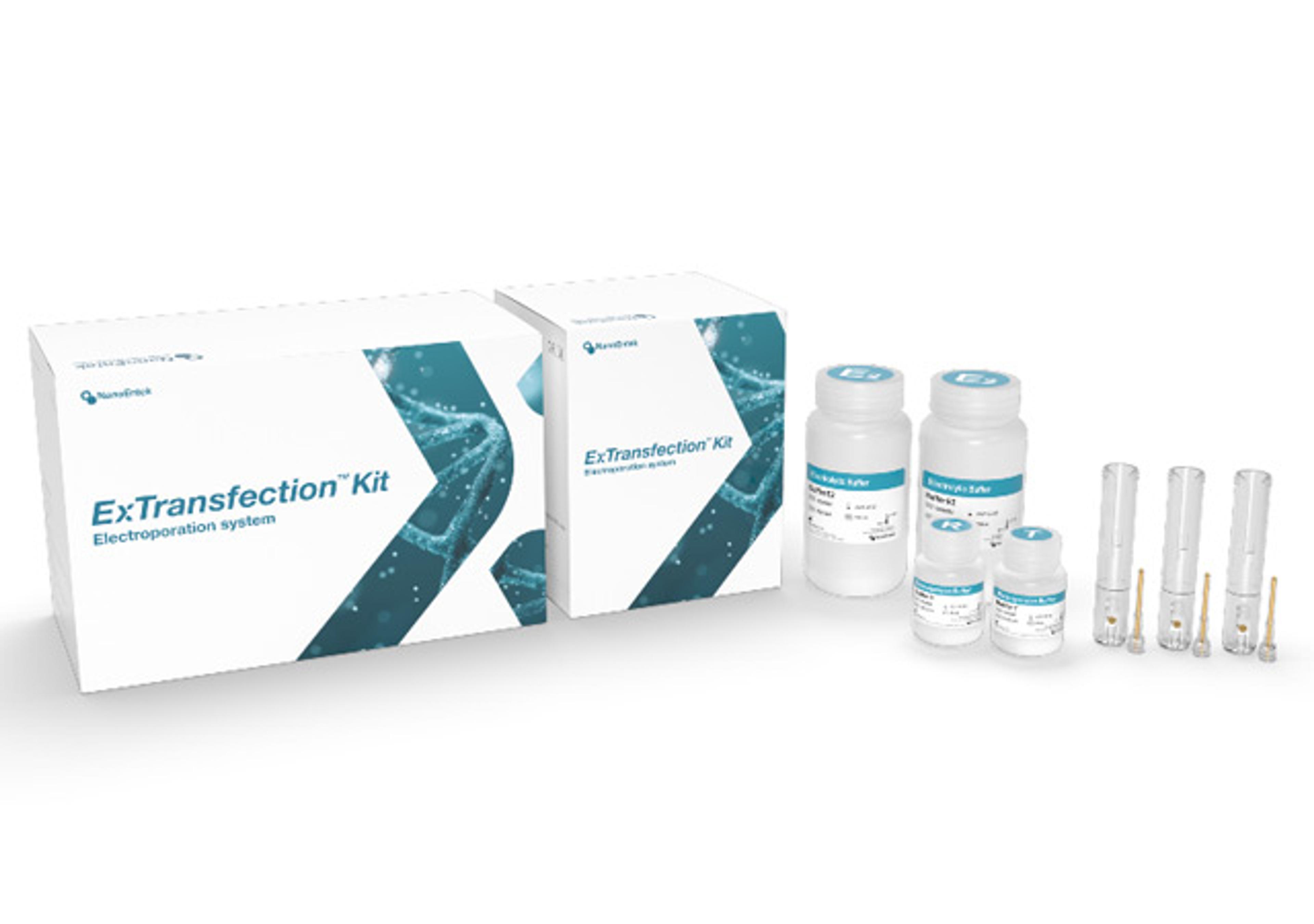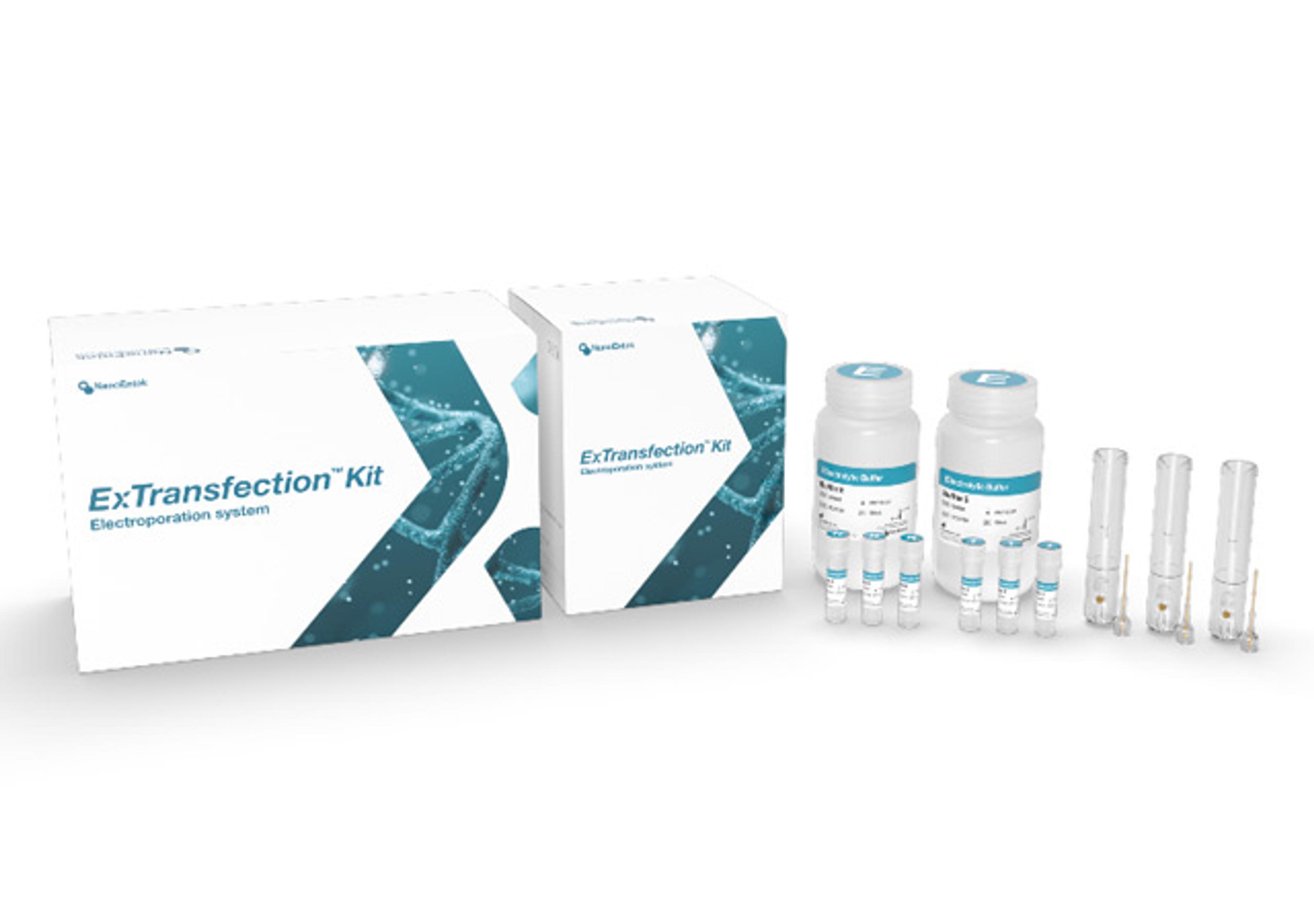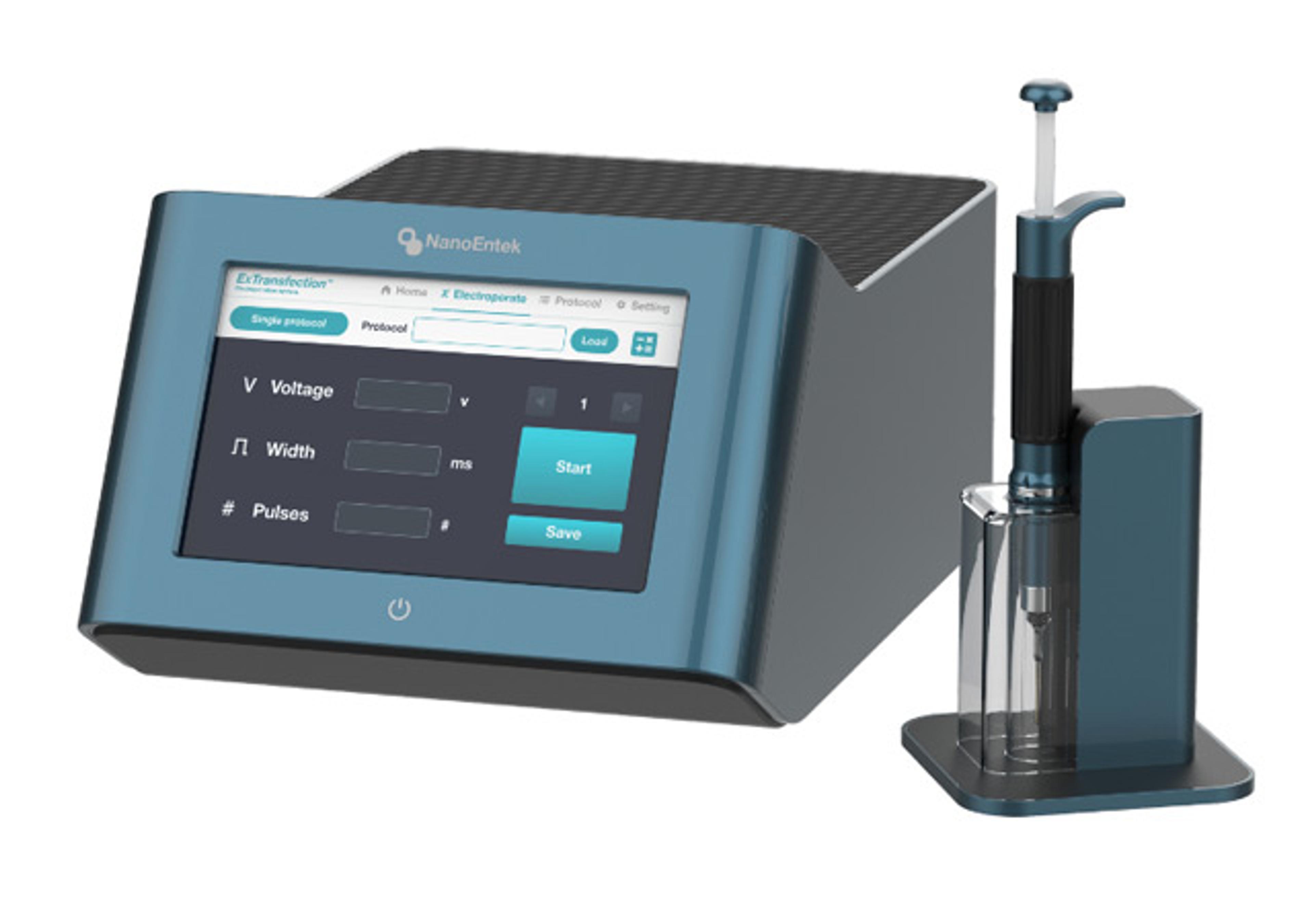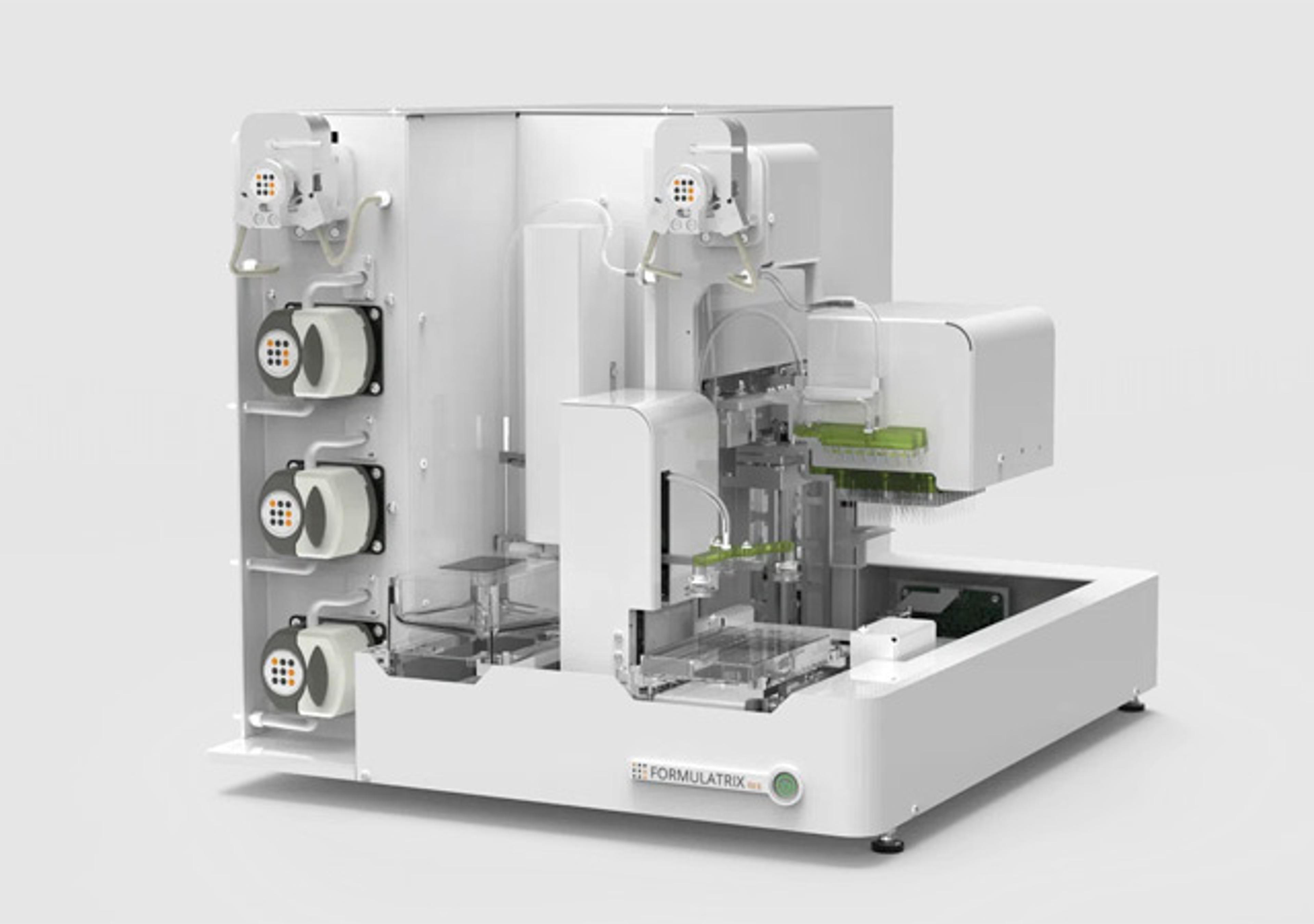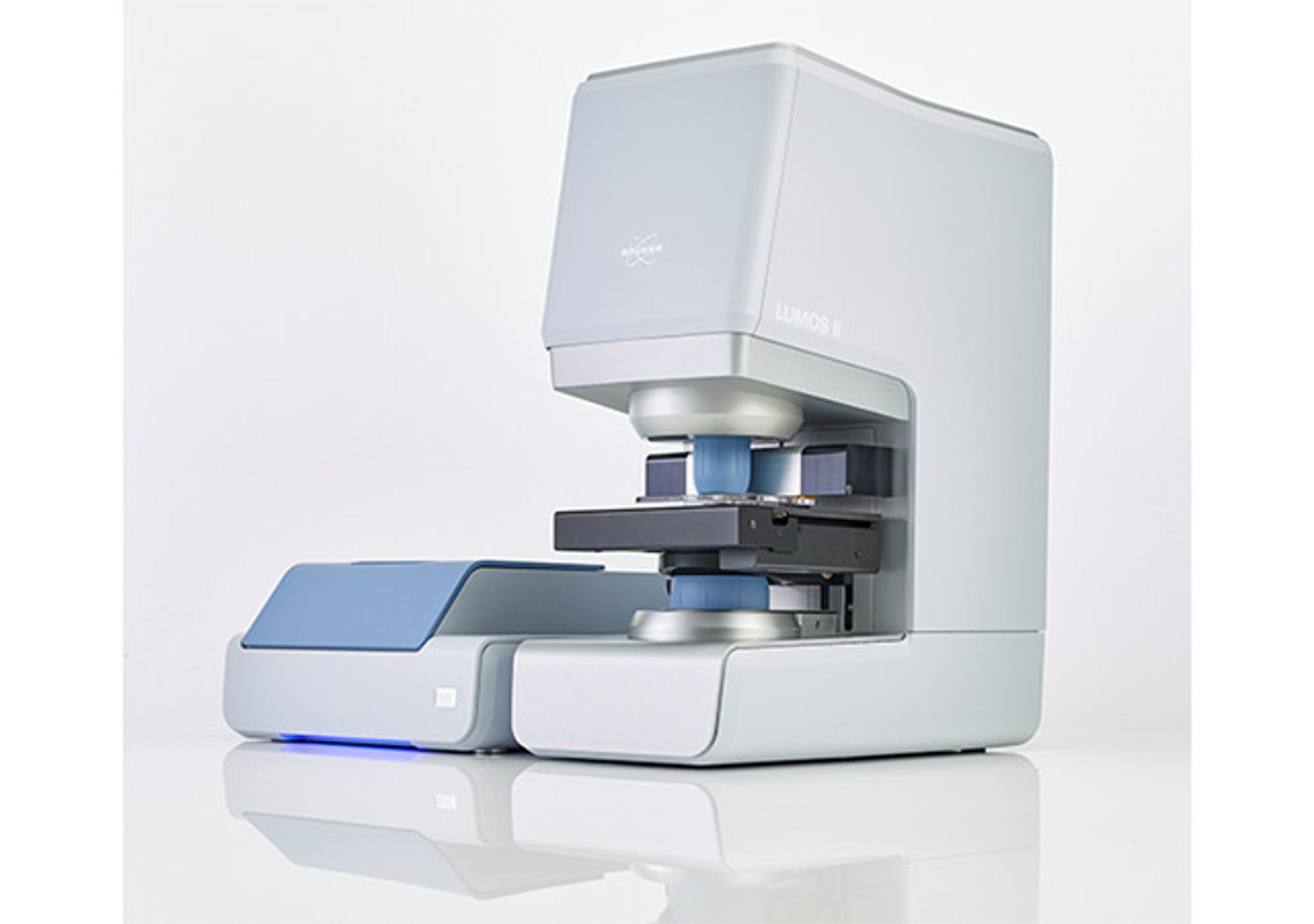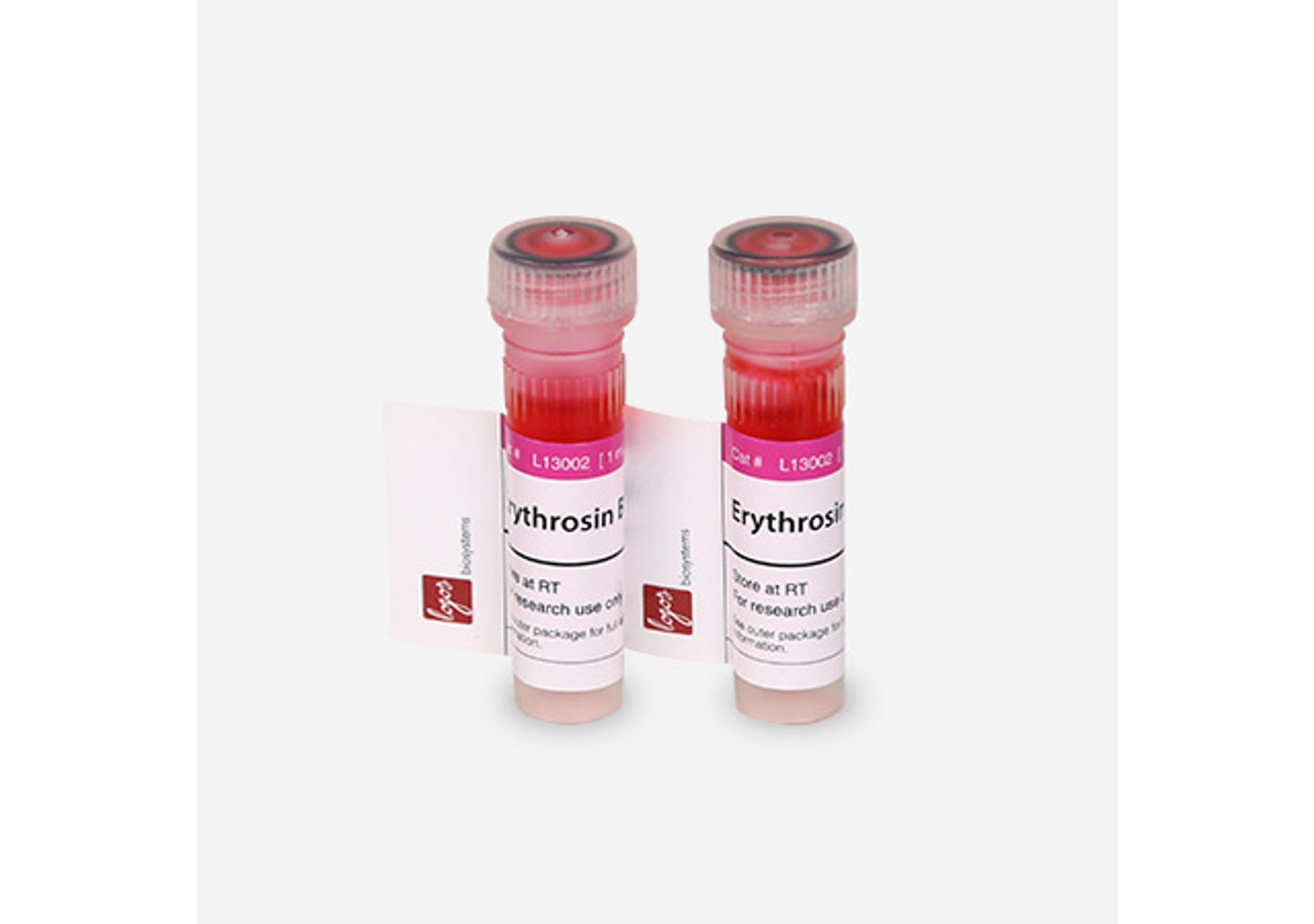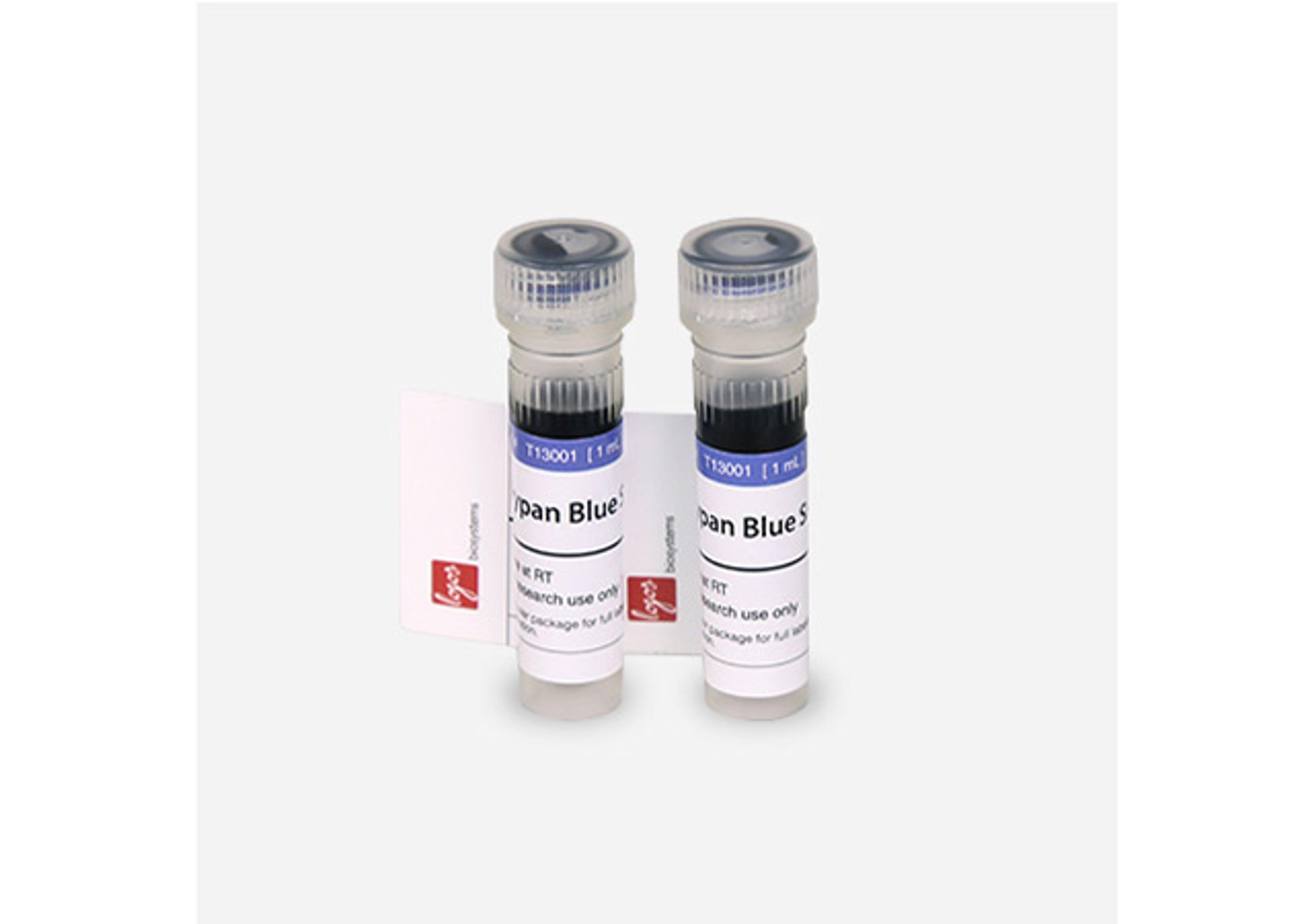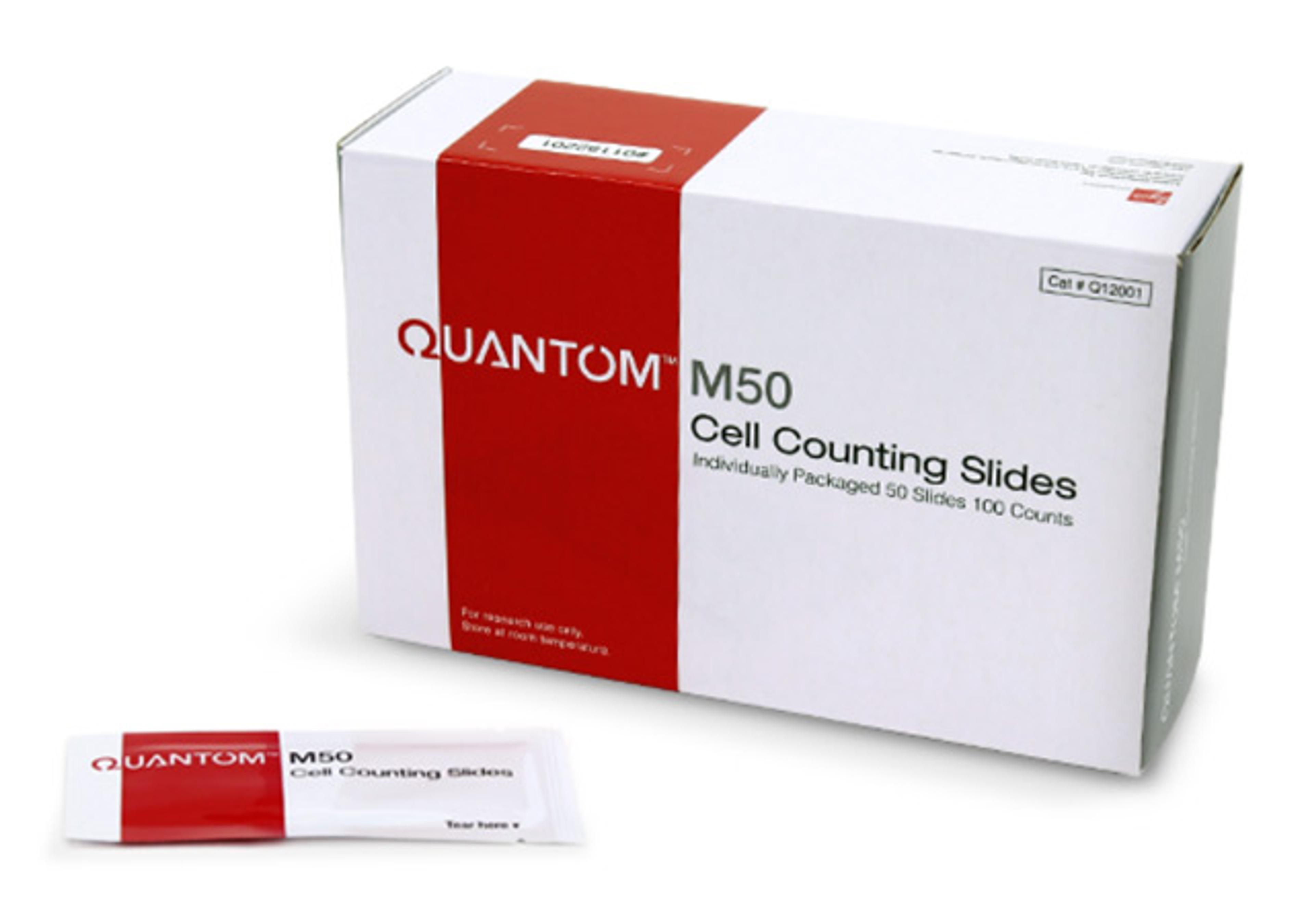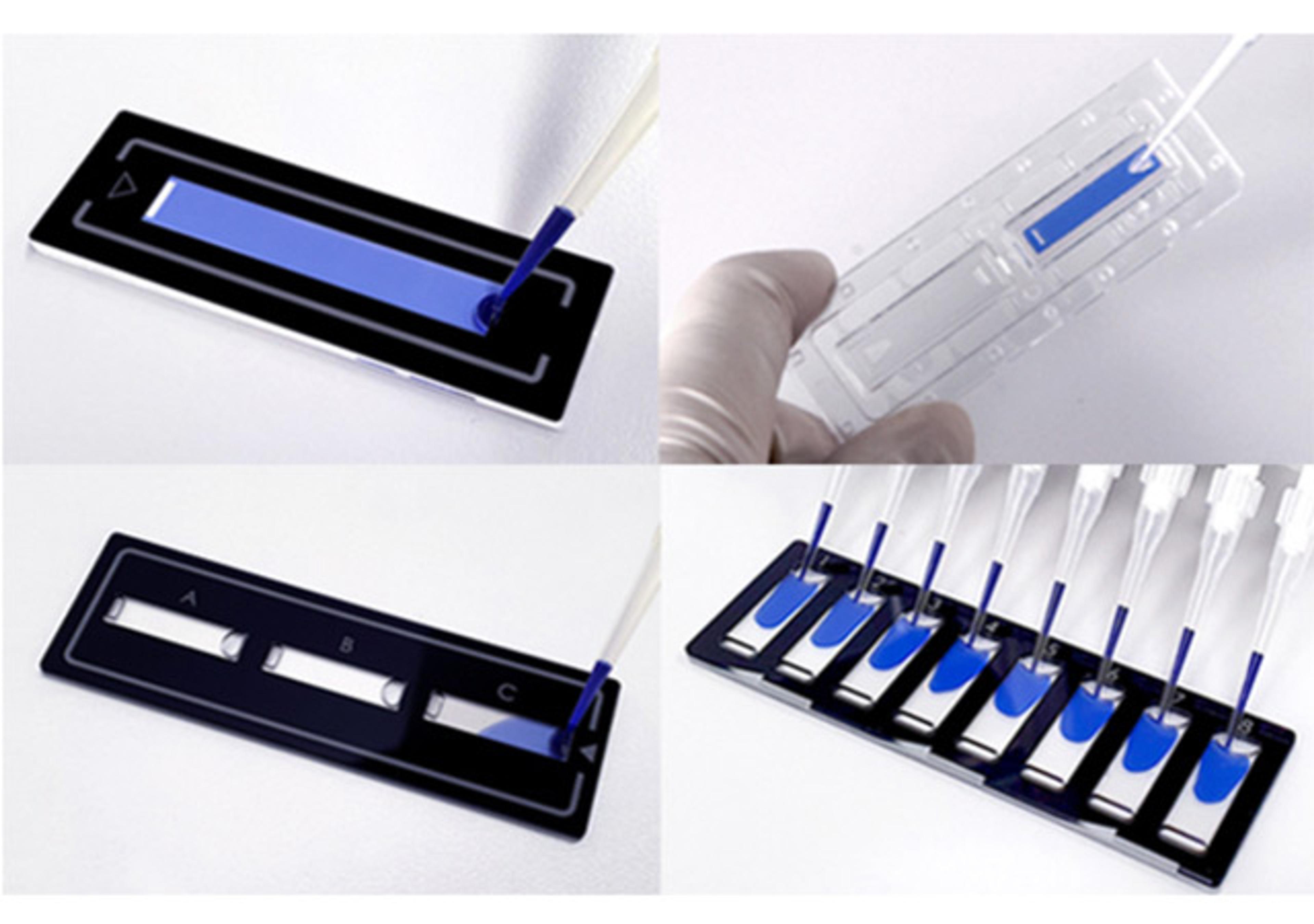Click-IT™ AHA (L-Azidohomoalanine)
Click-iT® AHA (L-azidohomoalaine) provides a fast, sensitive, non-toxic and most importantly non-radioactive alternative to the traditional radioactive technique, 35S-methionine for the detection of nascent protein. AHA is an amino acid analog that contains a very small modification, specifically an azido moiety that can be fed to cultured cells and incorporated into proteins during active protein synthesis. Detection utilizes…

The supplier does not provide quotations for this product through SelectScience. You can search for similar products in our Product Directory.
Easy to use and work great!
Measurement of Nascent protein synthesis
Click-iT AHA was used to measure nascent protein synthesis in hepatocyte and MEF cells. It is easy to use and works well. The results are reliable and consistent.
Review Date: 20 Nov 2017 | Thermo Fisher Scientific
Click-iT® AHA (L-azidohomoalaine) provides a fast, sensitive, non-toxic and most importantly non-radioactive alternative to the traditional radioactive technique, 35S-methionine for the detection of nascent protein. AHA is an amino acid analog that contains a very small modification, specifically an azido moiety that can be fed to cultured cells and incorporated into proteins during active protein synthesis. Detection utilizes the chemoselective ligation or “click " reaction between an azide and an alkyne where the azido modified protein is detected with one of the Click-iT® Protein Analysis Detection Kits containing either TAMRA, Dapoxyl®, or biotin alkyne. Detection sensitivity with these reagents in 1-D gels and Western blots is in the low femtomole range and compatible with downstream LC-MS⁄MS and MALDI MS analysis or Multiplexed Proteomics® reagents for differential analyses of newly synthesized proteins together with total glycoproteins, total phosphoproteins or total protein.



